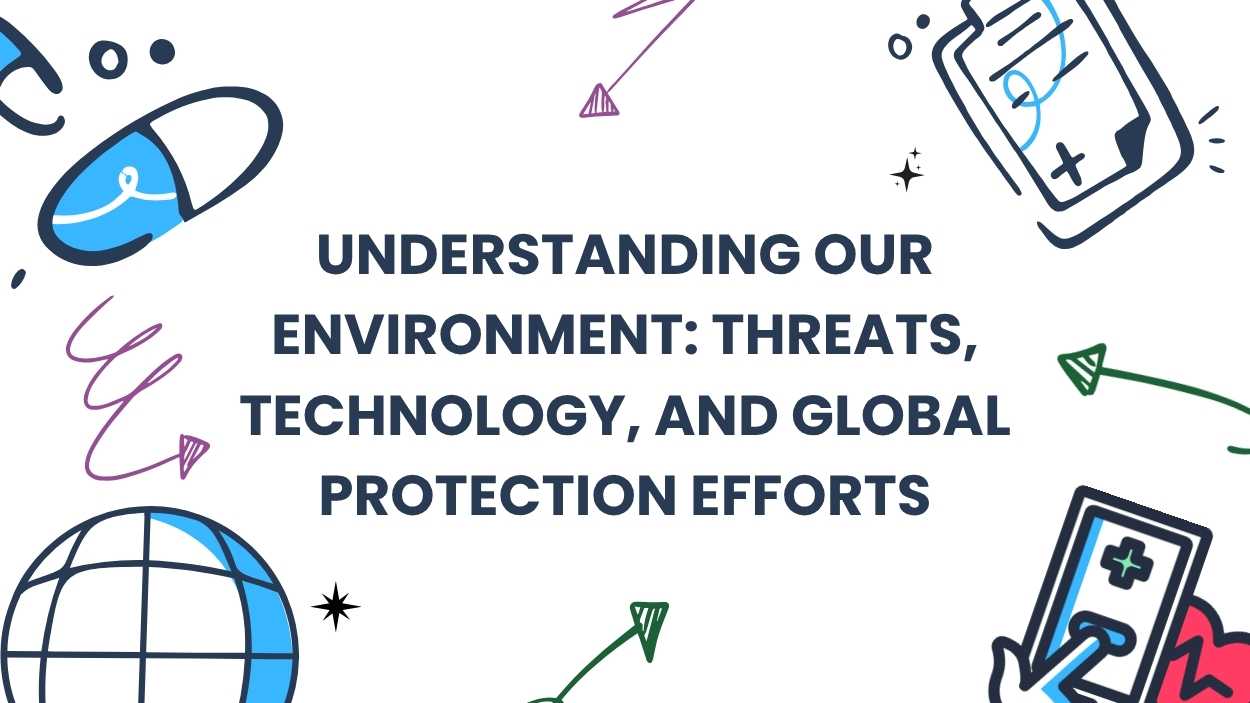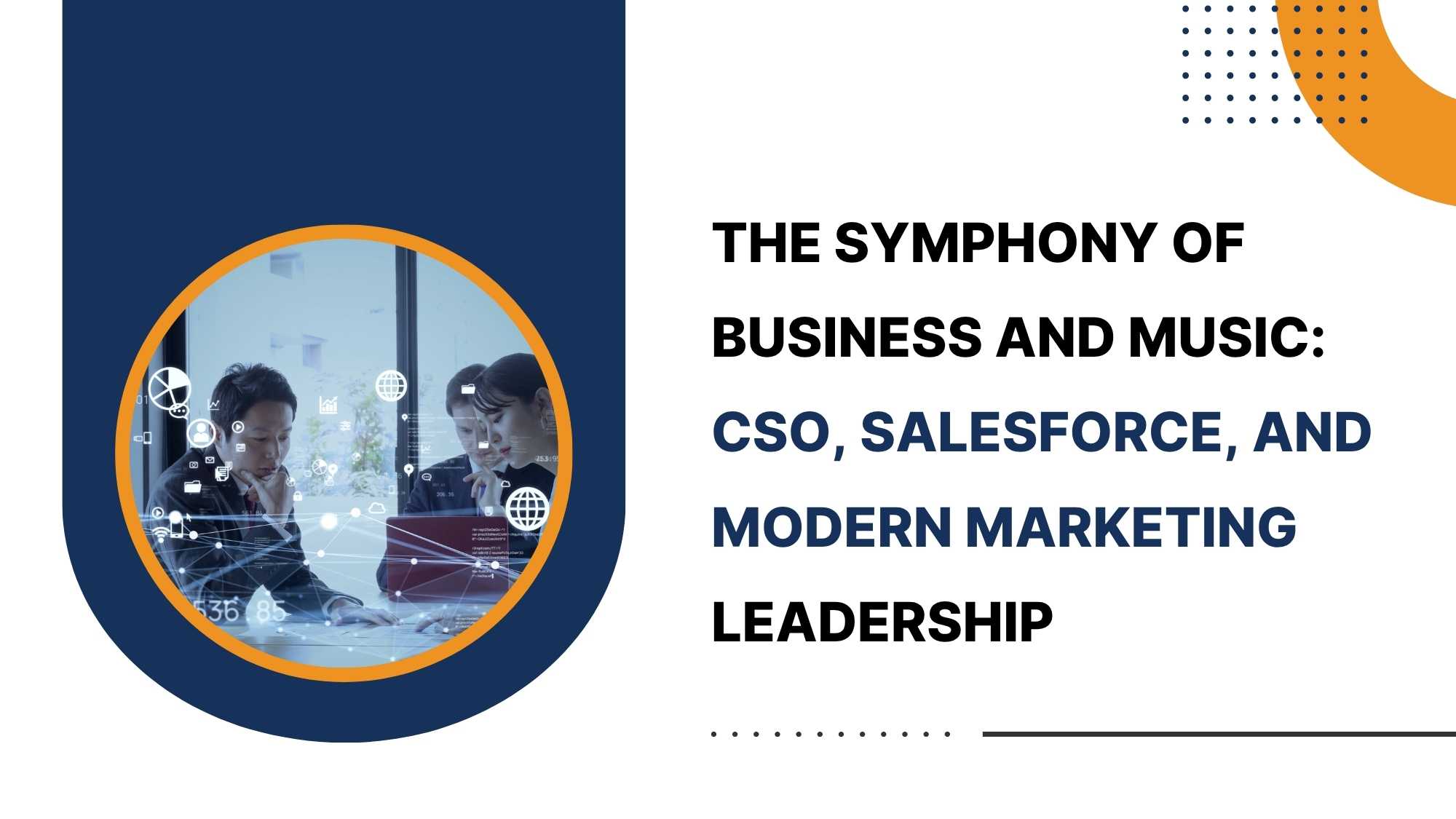The promise of a significantly shorter work week, fueled by advancements in Artificial Intelligence (AI), is tantalizing. Imagine a world where our lives aren’t dictated by the Monday-to-Friday grind, a world where leisure and personal pursuits gain equal footing with professional obligations. This utopian vision, recently highlighted in Newsweek, suggests that by leveraging AI, we could compress our work into just three and a half days. But is this a realistic expectation, or just another example of technological optimism blinding us to the complexities of human nature and the capitalist machine?
The Allure of Automation
The core argument revolves around AI’s ability to automate mundane and repetitive tasks, freeing up human workers to focus on higher-level, creative, and strategic endeavors. This shift, in theory, should boost productivity, allowing us to accomplish the same amount of work in less time. However, the key phrase here is ‘in theory.’ History is littered with examples of technological advancements that, rather than liberating workers, have instead intensified work demands and created new forms of stress and inequality. Think of the introduction of computers, smartphones, and email; while they undoubtedly streamlined certain processes, they also blurred the boundaries between work and personal life, leading to increased burnout and a constant feeling of being ‘always on’.
The Productivity Paradox
The article points out that AI might simply lead to workers taking on new responsibilities, offsetting any potential time savings. This rings true. Businesses may choose to use increased productivity to expand operations, or require workes to take on side projects and more responsibilites, rather than cutting work hours, as companies will ultimately look for ways to maxamize profits. What’s more, even if AI can automate many of the tasks assigned to workers, someone still needs to oversee it, train the AI, and manage outcomes. All of that comes with its own work load.
Ultimately, the success of a shorter work week hinges on a fundamental shift in corporate culture and societal values. We need to move away from measuring worth and productivity by the number of hours spent at a desk and instead focus on outputs, outcomes, and overall well-being. This requires a re-evaluation of how we compensate employees, rewarding performance rather than attendance. It also necessitates a greater emphasis on employee autonomy and flexibility, empowering individuals to manage their time and workload in a way that best suits their needs and circumstances.
Embracing a Human-Centric Future
While the 3.5-day work week may still be a distant dream, the conversation it sparks is crucial. It forces us to confront the fundamental questions about the purpose of work in our lives and the role of technology in shaping our future. Rather than passively accepting the dictates of technological progress, we must actively shape it to serve our human needs and aspirations. This means prioritizing well-being, fostering creativity, and ensuring that the benefits of AI are shared equitably across society. Only then can we truly unlock the potential of a shorter, more fulfilling work life for all.













